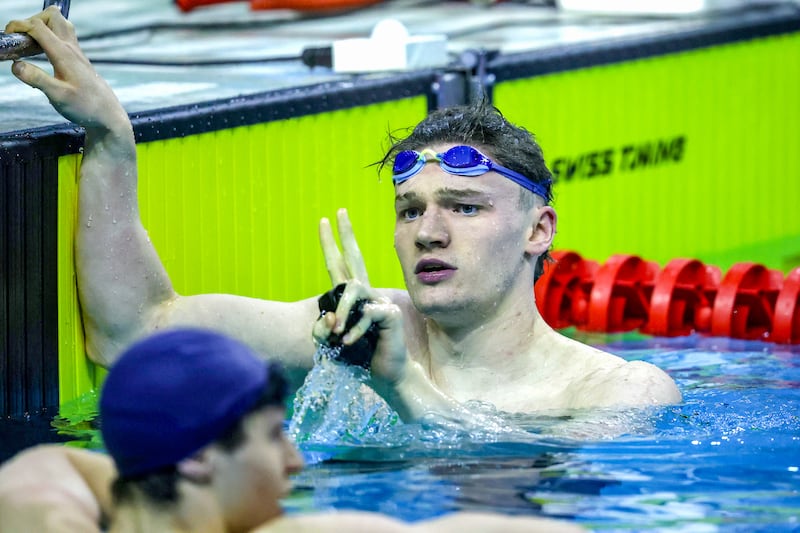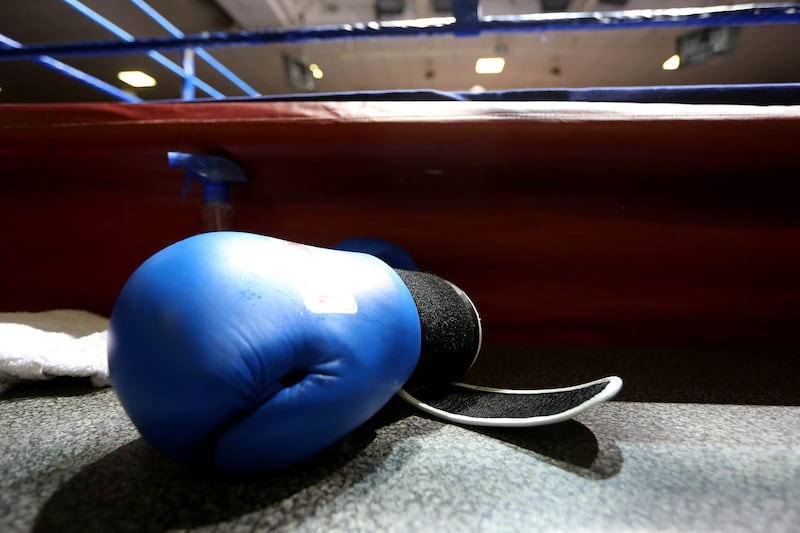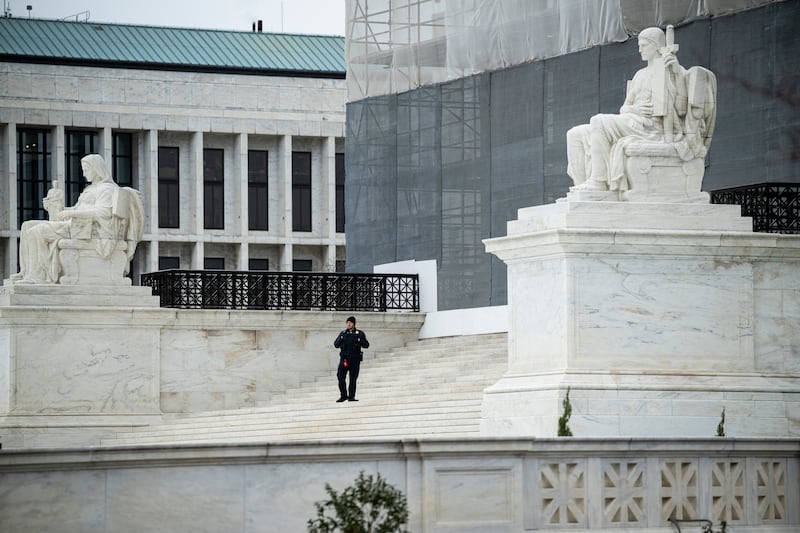Originally from Budapest, in Hungary, Juci Kulloi spent many of her childhood summers at camps, canoeing, swimming and cycling. Years later, she found herself volunteering at Barretstown camp, in Co Kildare, for children with serious illnesses. “There’s a Hungarian camp in the same network, which is how I heard about it,” she explains.
“Hungary has a really nice climate. We get really nice summers, and mine were quite active. We would go to summer camps or visit Lake Balaton – it’s kind of like our sea, because we’re a landlocked country. We’d go sailing on the lake or go to the beach to swim,” Kulloi says.
Kulloi also went abroad to summer camps in the UK, to keep up her English-language skills, which she had developed after her family spent two years living in London when she was nine years old.
“I had quite a nice childhood in Hungary and a loving family. I stayed there until after I finished college in Budapest. At that time, I was more so partying and doing the social life than studying, and my dad was kind of pushing me to go abroad.”
READ MORE
Kulloi decided to return to London, as she was already fluent in English at that stage, having watched films in English and read mostly in English for several years.
“From 21 to 25, I lived in London for a bachelor’s [degree] in development and economics… I was kind of in the mentality that I don’t want to go back home. Once you leave and have the opportunity to go away and build a life, you want to see it through,” she says.
Kulloi envisioned staying in London for a long time, but in the summer of 2013, at the end of her second year of university there, she decided to volunteer at Barretstown.
“It was just for a week, but I loved it, and learned that they have full-time staff positions for seasonal positions. So I applied for that for the following year. I really wanted to do that even though I had to decline another job in London for it, to the dismay of my dad at the time,” she says, adding: “I’m glad, because that’s where I met my now fiance.”
[ Humans of Ireland: the stories behind the new IrishOpens in new window ]
Kulloi had decided to “give it a go” in Ireland, enrolling in a postgraduate course and moving into an apartment in Rathgar in 2014.
“It was really hard at the start. I didn’t have any friends and I was in a very early-stage relationship with Keith. I was doing a part-time course, so I only had a day or two days of classes. I really struggled at the beginning”.
“You don’t get all the [cultural] references… I watched all of Father Ted in my first few months,” she laughs.
“In Ireland, I noticed people would have a lot of closeness to their hometown friends. So it can be quite lonely at the start. For about two years, I didn’t really feel like I had a base here, and at the same time you end up having more of a distance from your friends back home after being abroad for so long.”
Barretstown was a “very intense work environment”, which helped Kulloi develop close friendships, including with one of her first friends in Ireland, who is now her closest friend and maid of honour for her wedding in June.
“Something just really clicked with us. Then, through Keith, I met his friends and their partners. When you’re an outsider partner, you kind of bond a lot with their partners,” Kulloi says.
In the last five years in the food industry in Ireland, I am seeing so many more tasty places pop up. There’s a lot more choice now in terms of cuisine
Kulloi now works in the tech field, and has “built a good few friendships through work”.
“I’m still not great at identifying accents though, except Cork, because every statement is almost like a question,” she says.
“One of the things I find very unique about Ireland is Irish English, which is very different, even if you speak the language fluently. I learn an Irish phrase and try to build it into my next five sentences – like ‘it’s a good day for the parish’, or ‘ah sure look’ and ‘the craic was mighty’”.
One thing Irish and Hungarian people have in common is their sense of humour, Kulloi says, adding: “I’m quite sarcastic, and people in the UK didn’t always get that – but Irish people do. Irish people have a similar sense of humour – the piss-taking is very much something I enjoy here,” she laughs.
There’s “a huge difference in how the body is talked about in Ireland – in a good way”, she adds.
“Hungary is quite patriarchal. There’s an accepted body type, which is the skinny woman. They definitely point out when you’ve gained weight, which causes a lot of body issues for people. Even when I go home now, people will instantly remark whether I’ve lost weight or not. It’s an immediate topic, whereas I don’t find that here.
“There’s such a thing as healthy bodies in Ireland, no matter what type of body it is. That’s a huge difference for me. When someone sees you here they might say you look great, but they don’t elaborate,” she says.
However, Hungarians “definitely season our food better”, Kulloi laughs.
“I’m quite a foodie, and there’s just a lot more flavour to Hungarian food. But in the last five years in the food industry in Ireland, I am seeing so many more tasty places pop up. There’s a lot more choice now in terms of cuisine. Ireland is amazing for seafood, and goat and sheep cheese is great here.”
There’s just something about Kerry, it’s beautiful, the people are unbelievably nice, and we got engaged there on the Great Blasket Island
Kulloi now feels “more at home in Ireland” than in Hungary.
“People are a lot more accepted here for who they are rather than what they do or how much money they earn. I love that and feel more myself as a result. You can even embrace your flaws a bit more because people will just take the piss out of them,” she says.
Her favourite place in Ireland is Kerry. “There’s just something about Kerry, it’s beautiful, the people are unbelievably nice, and we got engaged there on the Great Blasket Island.”
Kulloi and her fiance live in an apartment they bought in Dublin 8 now, but hope to someday return to Terenure, or “at least a house with a garden, because I want dogs… I’d adopt half a shelter if I could.”
Kulloi and her partner plan to marry in Tipperary next month.
“My family are coming from Hungary, they’re very excited. Hopefully we’ll get a bit of Leaving Cert weather,” she says.
“Everything at the moment in the world is quite rocky, including my country. Hungary is not in a good state at the moment politically and there is no inkling in me of going back.”
Kulloi has just applied for Irish citizenship. “I absolutely plan to stay here long-term. My retirement plan is to open a dog shelter.”
We would like to hear from people who have moved to Ireland in the past 10 years. To get involved, email newtotheparish@irishtimes.com or tweet @newtotheparish

















